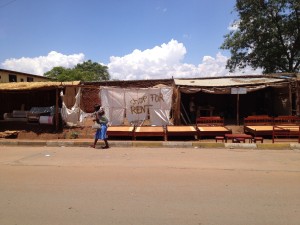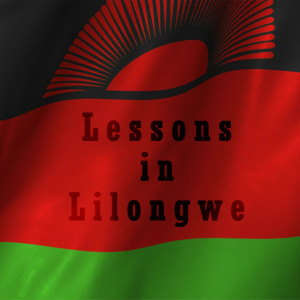In a single week, two different people recommended Paul Kalinithi’s When Breath Becomes Air as a must-read. As a sort of primer for this memoir reflecting on a terminal cancer diagnosis, I seem to be reading more and more articles lately in The New York Times and The Atlantic on the dying process, particularly within our US health care system and how well it allows for a peaceful death. One was about a person motivated to go to medical school because of his mother’s experience dying from liver disease, another a neurosurgery resident about the love he felt for his daughter and their limited remaining time together and another an esteemed neurologist on his journey with cancer in his final months. This literary motif suggests that death is a process that should be honored and protected.
I recently finished reading Tracy Kidder’s Strength in What Remains, which highlights one man’s journey from the genocide in Burundi and Rwanda to becoming a refugee in New York City. Some chapters are quite graphic in their descriptions of the slaughtering of Hutus and Tutsis — the pain, suffering and atrocities he witnessed. These deaths seemed nothing like being on a morphine drip in an ICU bed or falling into a final deep sleep as your family surrounds you with tears and prayers. Instead they seemed gruesome and inhumane. I was sickened reading it, wanting to question if it was truly nonfiction. Nothing about these civilians’ deaths was honorable. Human dignity was stripped of them in the senseless violence.
In Malawi, funerals seem to be a weekly occurrence for my research staff. I surveyed my friends and coworkers here about how many total funerals they have attended in their lives. The most common answer was “too many to count,” while some cited from 15 to more than 50. Did I mention the people interviewed are only in their 20s and 30s?
Funerals are less insular here, though. It is expected that you attend even your neighbor’s relative’s funeral. Otherwise, you are seen as proud or selfish. Thus, there are more invitations and expectations to attend funerals in this community-oriented culture. But that doesn’t explain away the rife funeral attendance.
The life expectancy at birth in Malawi is 60.7, ranked 196th globally while the annual birth rate is 41.6 per 1000 people, the 7th highest in the world. More people are being born each year and they are dying much younger than in the United States, which has a life expectancy of 79.7 and an annual birth rate of and 12.5 per 1000. I occasionally ask my friends the causes of death of their relatives, but they don’t always know or want to share. It usually sounds something like, “she was sick and went to the hospital.” Is it HIV/AIDS? Is it malaria? Is it undiagnosed cancer? Malnutrition? Trauma? The rising physician within me wants to know how to classify the death, but I don’t want to infringe on cultural norms and people’s privacy. There is stigma associated with some of these diseases, and western allopathic medicine isn’t the sole perspective here. In rural areas, death can sometimes be explained through African magic, spirits or witches.

An empty shop space for rent along a row of funeral products. We refer to the strip as “Coffin Road”.
I was reflecting on this during the Catholic liturgical season of Lent, which prepares us ultimately for Christ’s death on the cross and resurrection on Easter. In a sense, there is a dying of one’s self during Lent: driven by the three pillars of prayer, fasting and almsgiving. But the resurrection part is key in this process — there is death to jealousy and rebirth of gratitude, death to adultery and rebirth of monogamy, death to arrogance and rebirth of humility.
When I sit on my front porch in Malawi, I see many colorful birds, a variety of insects and a vibrant green all around me. The rainy season may be drier than usual, possibly due to El Niño and the changing temperature and wind patterns bringing rain to North America instead of to Africa, but the landscape is still changing. Maize is growing taller, and rivers are flowing stronger. There is perseverance in the red dirt, a will to continue forward despite the poverty and premature deaths.
I know several Malawians who are orphans even in their young adult years. One of my blossoming friends here lost his parents at the ages of 11 and 12. He moved in with distant relatives who were not very supportive and eventually chased him out. But stalk by stalk, drop by drop, he and the rest of Malawi forge on.
Global health work can seem glamorous, exotic and noble. Lessons in Lilongwe presents introspection and critical observations to illustrate what global health research and living in Africa are really like. Come join Austin on his year off of medical school for a research fellowship in Lilongwe, Malawi.

